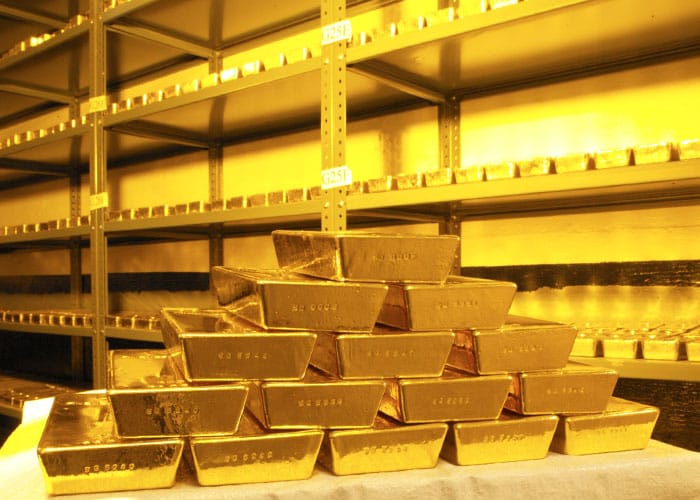
In the previous parts of this series, we shone the spotlight on three of the most traded precious metals – namely gold, silver, and platinum – and the factors that can affect their values. Today, we will be looking at the various ways in which you can invest in precious metals, and the advantages and disadvantages of each.
Commodity ETFs: Exchange traded funds provide a much more convenient and liquid vehicle for investing in precious metals than buying or selling them on a commodities exchange. Although ETFs exist for all three precious metals, as of 2009 the ability to trade the London Stock Exchange was required to access one for platinum.
Stocks: Another interesting way to invest in precious metals is to invest in precious metals is to buy and sell shares in the companies that mine them. These share prices are to a large extent intrinsically linked with the price movements of precious metals, although there are a number of other factors that you would need to understand in order to gain exposure to the price movements of metals in this way.
Futures and Options: These financial derivatives offer traders the liquidity and leverage needed to make big bets on metals. The leverage on offer means that you can make big profits out of relatively small movements, but of course the flipside of this is that you can also make bigger losses.
Bullion: Usually, traders try to avoid actually trading physical gold bullion as it necessitates having somewhere to store it, such as a gold vault, transport costs can eat into profits, and it can be more difficult to sell. However, if you are expecting the worst – for example, war or the collapse of the banking system in your country, then bullion might be the only option worth considering.
Certificates: Basically, paper certificates give investors all the benefits of owning bullion but with none of the problems of storage and transportation that are associated with it. However, it should be remembered that, in the event of a a real disaster, these certificates could become worthless pieces of paper, while actual gold bullion would still have genuine value.
In the next instalment of our guide to trading precious metals, we shall be taking a more in-depth look at trading precious metals via options and futures, which are the most commonly used instruments for trading metals among online FX traders.
Tradersdna is a leading digital and social media platform for traders and investors. Tradersdna offers premiere resources for trading and investing education, digital resources for personal finance, market analysis and free trading guides. More about TradersDNA Features: What Does It Take to Become an Aggressive Trader? | Everything You Need to Know About White Label Trading Software | Advantages of Automated Forex Trading








